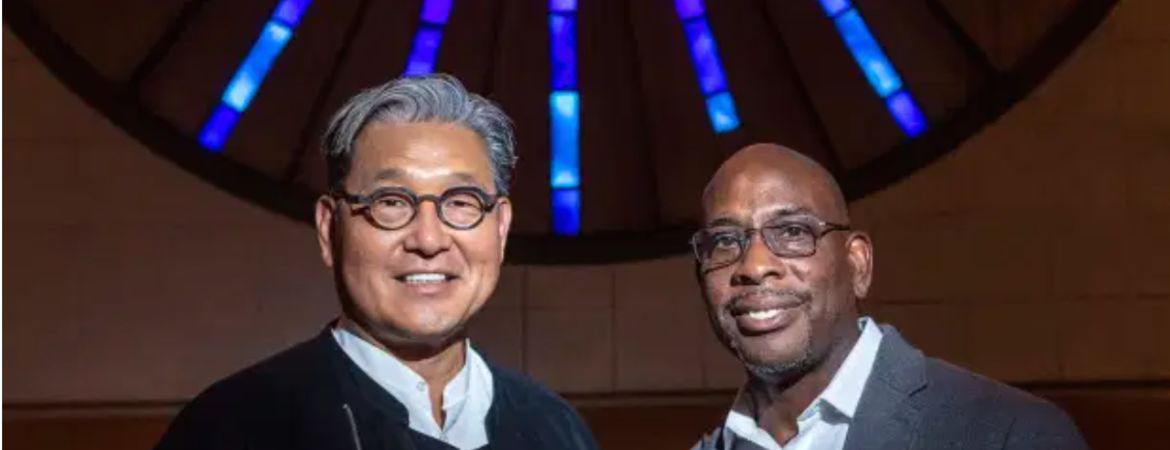Center for Social Innovation

Im’s presentation to a group of Black faith leaders about disadvantages that Asian Americans face in terms of access to health care, education, jobs and housing was “eye-opening,” said Barbara Williams-Skinner, CEO and co-founder of the Baltimore-based Skinner Leadership Institute, which trains faith leaders.
“Organizations should start building (solidarity) into their priorities,” she said. “It wasn’t a priority for us before, but it is now. We need to reach people where they are so we can stop hating and start connecting. The alienation is real, but we have a lot more to gain by coming together than we do by continuing with that alienation.
It is important to focus these efforts at solidarity on mutual understanding so it is sustainable, said Karthick Ramakrishnan, founder of AAPI Data and director of UC Riverside’s Center for Social Innovation.
“It’s not just about focusing on areas of common interest, but actually making change in communities,” he said. “For example, when people hire in ethnic enclave economies they tend to hire family members or friends. They could think about hiring local. Building solidarity is not just about lowering prejudice, but to figure out what the economic and policy interests are, and to support that.”
Learning each other’s history and stories is a crucial part of understanding each other, said Jemar Tisby, deputy director of narrative and advocacy at The Center for Anti Racist Research housed in Boston University and led by Ibram X. Kendi. One of the pitfalls in this type of work is the tendency to collapse distinct narratives into a single narrative, Tisby said.
“People of Asian descent have their own stories and history when it comes to racial oppression, triumph and struggles,” he said. “Similarly, (Black people) have our own story. The challenge is to maintain your unique history and identity while partnering with others.”
While Black people cannot claim to own all social movements, Tisby said, history shows that whenever Black people were able to make progress, other racial groups benefited as well.
“In the midst of long-overdue cooperation, we are never to forget that the main vector of division in this country is between Black and White,” he said. “This is not to say any other group is not important. But if you want to cut off the head of the snake, you have to address anti-Black racism.”